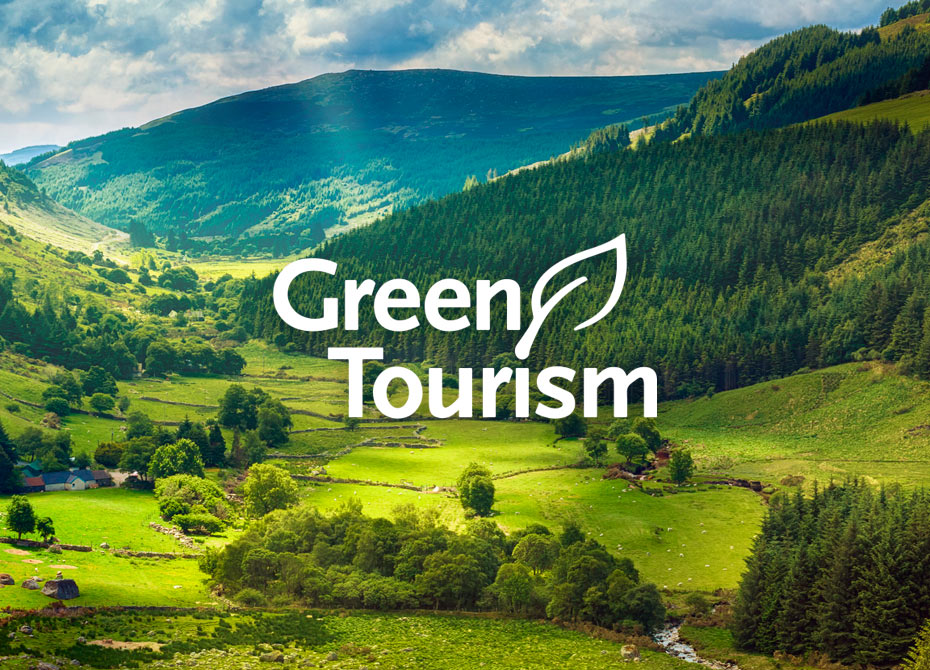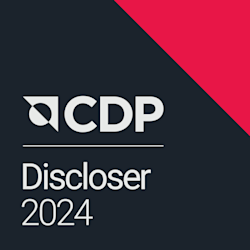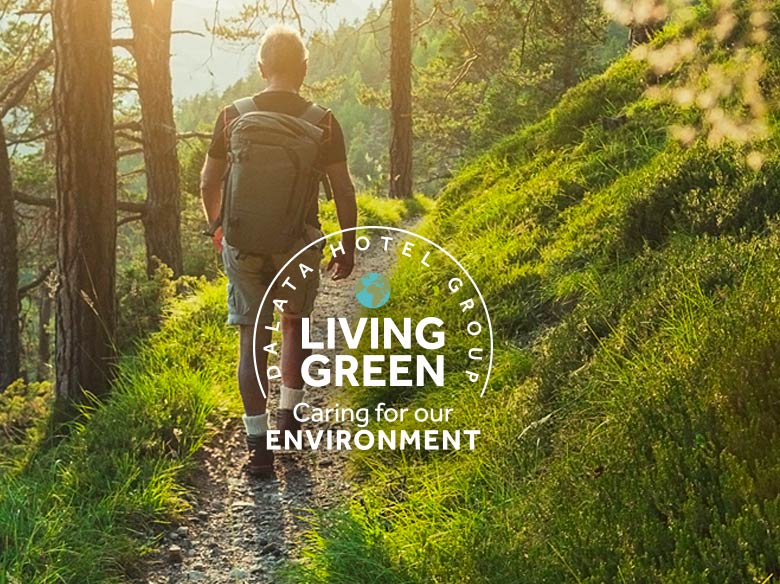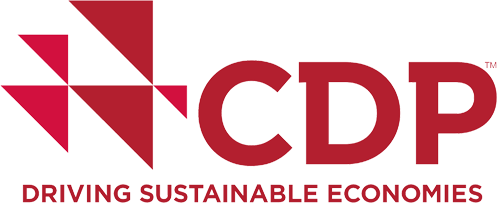Across the Group, we question and consider the impact of our day-to-day business decisions on the environment and our sustainability goals.
All our hotels undergo an annual assessment and accreditation process with Green Tourism. Green Tourism operate an awards certification programme that recognises the commitment of tourism businesses which are actively working to become more sustainable. We are proud that we have achieved Gold accreditation across all our Hotels. Green Tourism awards are acknowledged worldwide as an indicator of good environmentally friendly practice and our accreditation gives us a framework, at hotel level, to improve our sustainability performance. It also facilitates practical day-to-day engagement with our hotel teams on this topic, which is critical to the Group’s overall sustainability journey. We also hold Gold Meetings accreditation across all our hotels with meeting and events facilities.


We are currently assessing the adoption of science-based targets but in the meantime we have set the following short-term targets in key areas:
Reduce energy related emissions 20% per room by 2026 from 2019 baseline
100% waste diverted from landfill by 2024. Reduce food waste 15% per sleeper by 2026 from a 2019 baseline.
Reduce water consumption per sleeper 15% by 2026 from a 2019 baseline.
Collect carbon emissions Scope 1 & 2 data from 100% of Tier 1 suppliers by 2024.

We are pleased to share our 2024 CDP thematic scores:
- Climate – B (2023 – B)
- Water – B (2023 – n/a)
- Forest – D (2023 – n/a)
For new hotel developments, we aim to reduce the impact of construction both long-term (such as the whole lifecycle impacts of the materials used), as well as day-to-day reductions in operational carbon impacts. We develop high quality, modern, energy-efficient hotels. Dalata built hotels are constructed in line with the BREEAM Very Good rating, placing them in the top quarter of new UK non-domestic buildings. In case you’re not familiar with it, BREEAM is the world’s leading sustainability assessment method for master planning projects, infrastructure and buildings. We also undertake initiatives to support the decarbonisation of existing properties, reporting to the Carbon Disclosure Project (currently scoring a B).
Our hotels are actively challenged to reduce energy consumption against targets and peer hotel benchmarks. A culture of shared best practice has evolved across our business. The availability of real-time data and reporting to our hotels is allowing immediate action, and we have seen significant reductions in energy consumption as a result.
Some of our well-advanced projects include the following:
- Introducing LED lighting solutions across all our hotels
- Investing in our utility meter installations with the addition of automatic meter reading (AMR) to enhance our management and reduction of utilities consumption
- Installing pool covers in all our Club Vitae leisure clubs which deliver reductions in associated gas consumption of 30%
- Meeting the changing demands of our customers with the installation of EV charging points to our hotel carparks
We are committed to tracking all waste generation, focusing on renewable destinations and zero-to-landfill. In 2022, we achieved our target to divert 100% of waste from landfill. We have also engaged with waste processing suppliers that give us the facility to accurately report the volume of food waste across our portfolio and we remain committed to reducing food waste by 15% per sleeper by 2026.
Some notable waste management projects include:
- Moving away from single use plastics and plastic backed drinks coasters, also continuing to reduce the use of plastic in packaging and packaging waste in general
- Marketing merchandise has been replaced with more sustainable alternatives
- All takeaway coffee cups and lids are 100% recyclable, and we introduced a “keep cup” to our Red Bean Roastery Coffee Shop outlets
- We are actively engaged with “Too Good To Go” at 20+ locations across the company facilitating the transfer of surplus unsold food to their user base
- All food waste is converted to a fertiliser digestate using an anaerobic digestion process
We provide training to equip our hotel management with the skills and knowledge to help lower water consumption. We have installed electronic meters at over 90% of our hotels which will allow us to measure consumption accurately, identify spikes and areas to improve. New hotels are built to be water efficient in their use and re-use of water, from choosing showers over baths to using rainwater to flush toilets.
Recent successful initiatives include the introduction of:
- Shower aerators in bedrooms that save at least three litres of water per minute, that’s a 40% reduction in water consumption
- Motion sensor urinal flushes and timed taps in public toilets
- Multi flush rate toilets in guest bedrooms
- Knowledge sharing across hotels, listening to guests, and working with water-conscious suppliers to understand how best we can reduce consumption
- Raising the awareness of water stewardship with our customers
As part of the planning process for our new build hotels, we assess for sensitive ecosystems to ensure they are protected and enhanced. Where our existing hotels are concerned, we support the Irish National Pollinator Plan, and respective pollinator plans in the United Kingdom. The All-Ireland Pollinator Plan sets a 5-year road map that aims to help bees, other pollinating insects, and our wider biodiversity.
Other initiatives include the following:
- We undertake active annual engagement in Earth Week gaining good involvement from our hotel-based teams in local activities to generate awareness
- Hotel teams also undertake litter picks in their own localities
- Some of our hotels have been surveyed with a view to installing nest boxes for swifts, which are bird species on the red list of conservation concern
- We worked with “Grow it Yourself” Ireland for a company-wide campaign open to all team members. We shared seeds and grow packs across all our hotels giving interested employees the opportunity to grow a range of vegetables either at work or at home generating awareness and engagement around biodiversity themes in the process i.e. reducing food miles and the use of pesticides as well as encouraging a more vegetable filled diet which reduces your carbon footprint and climate change, one of the main causes of biodiversity loss



